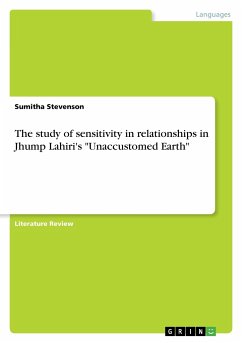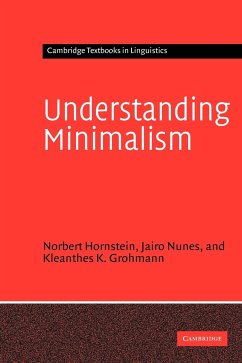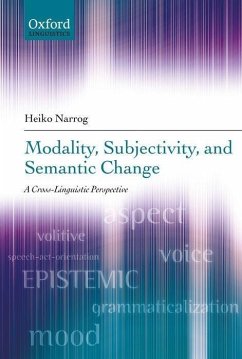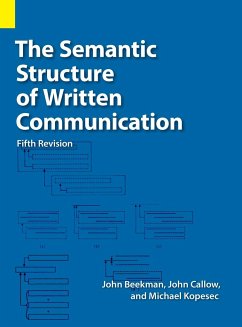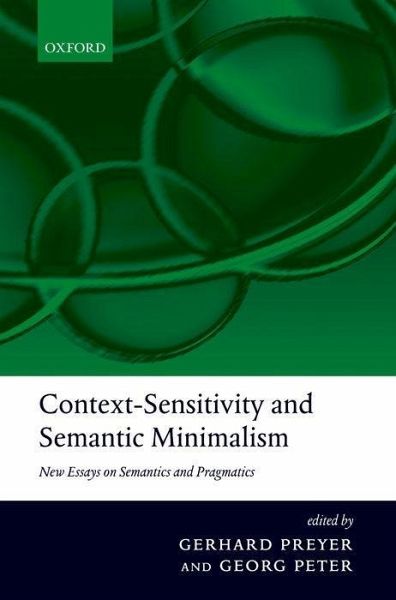
Context-Sensitivity and Semantic Minimalism
New Essays on Semantics and Pragmatics
Herausgeber: Preyer, Gerhard; Peter, Georg
Versandkostenfrei!
Versandfertig in 1-2 Wochen
186,99 €
inkl. MwSt.

PAYBACK Punkte
93 °P sammeln!
Fifteen specially written papers examine the ways in which the content of what we say is dependent on the context in which we say it. At the centre of the debate is Cappelen and Lepore's claim that context-sensitivity in language is best captured by a combination of semantic minimalism and speech act pluralism.





